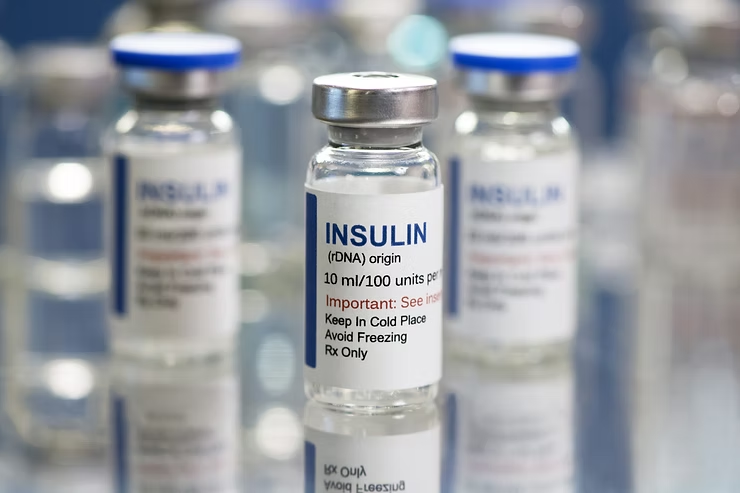The California State Senate is now considering a bill that caps insulin but rejected a nearly identical bill presented by a Republican State Senator Pat Bates in the past.
When bills are presented to senators for consideration, are they weighed based on content or party affiliation?
A recent California State Senate bill introduced by Democrat Senator Scott Wiener closely resembles a previously rejected Republican-led bill, which may provide some insight regarding the standard to which the California Senate accepts or rejects bills.
The original bill, drafted by Senator Pat Bates that was rejected in 2022 would effectively cap insulin costs to $35 a month for those who need the crucial medicine. If passed, SB 473 would have been a huge step in the direction of making healthcare more affordable, as many American families are plagued with the medical costs that accompany diabetes.
Unfortunately, the bill was held by Democratic leadership in the Assembly Committee on Appropriations and quickly killed.
“The decision by Assembly Democratic leadership to hold the bill blocked meaningful relief for millions of California residents struggling to pay for the rising cost of insulin,” Bates said in a statement. “This was a missed opportunity for the California State Legislature to accomplish what Washington D.C. failed to do.”
This year, Senator Scott Wiener introduced a bill, SB 90, that closely resembles Bates’ rejected bill by capping insulin at $35 a month. Without the clear addition of meaningful content, the main difference between the two bills is the senators that presented the respective bills, the former was presented by a Republican Senator, and the latter by a Democrat.
Due to this, some are claiming is that a good bill will get passed if it is presented by a Democratic senator, whereas a bill presented by a Republican senator will get rejected.
This is not an established fact, but the trend did repeat in previous legislative actions as well. Nevertheless, the passing of the bill lessens the financial burden for California families who were previously battling the high medical costs of insulin.











